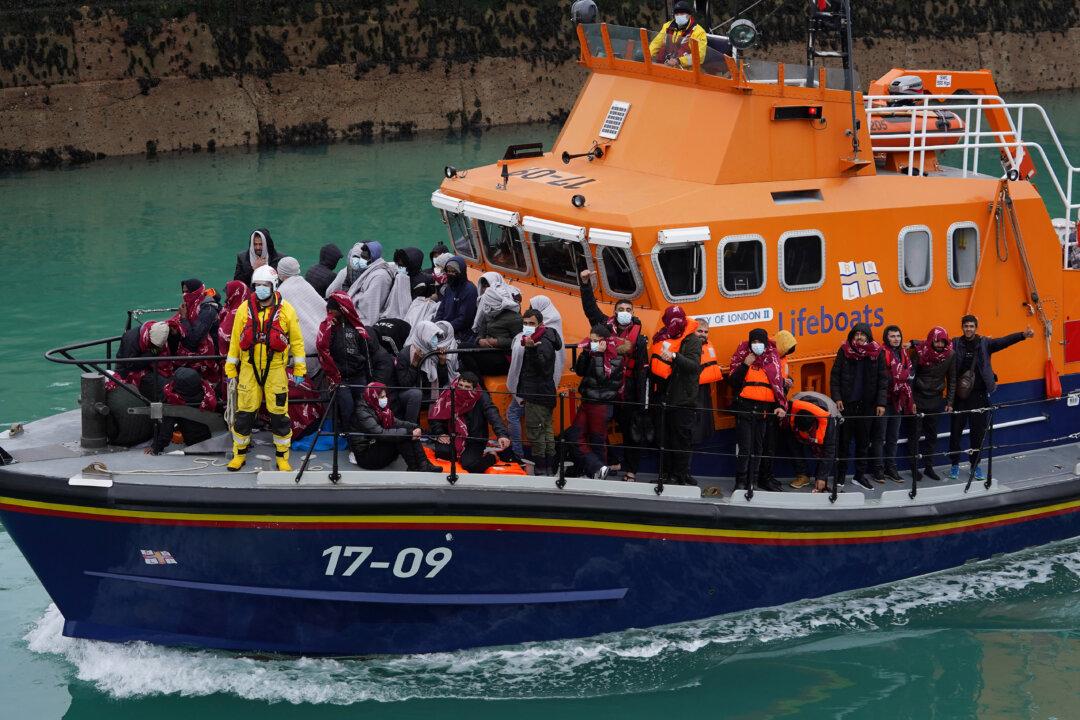The UK is trying to establish offshore hubs to process illegal immigrants who arrived in small boats across the English Channel, Deputy Prime Minister, Justice Secretary Dominic Raab confirmed on Thursday.
It follows reports that Albania has been approached as a potential destination for offshore processing, although the country’s minister for Europe and foreign affairs, Olta Xhaçka, said on Twitter it was “fake news.”





